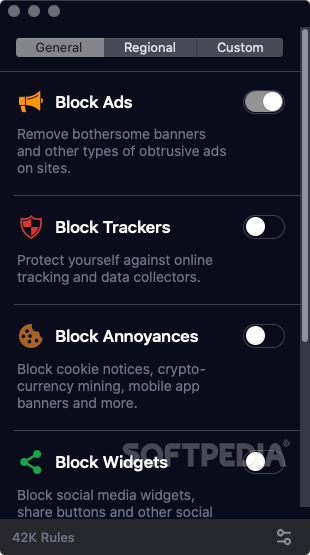
The median age was 54 years, but age has ranged from 26 to 78. Of the 18 patients enrolled to date, most (78%) have T3 or T4 rectal tumors. All but one patient has node-positive disease, and about half have Lynch syndrome. The single-arm phase II study will ultimately enroll 30 patients with clinical stage II and III dMMR rectal cancer.

The 100% clinical complete response rate is unprecedented in rectal cancer, and the potential to decrease morbidity by eliminating pelvic radiation and surgery for our patients is huge,” said invited discussant Kimmie Ng, MD, MPH, Associate Professor of Medicine at Harvard Medical School and Co-Director of the Colon and Rectal Cancer Center at Dana-Farber Cancer Institute. “I think everyone in this room will agree that the results are clinically meaningful. Median follow-up is currently only 6.8 months, but four patients have been followed for nearly 2 years, and only four have received less than 6 months of the required treatment. There have been no disease recurrences observed … though longer follow-up is certainly required to establish the durability of this treatment.” No patients have required chemotherapy, radiation, or surgery. “We’ve now treated a total of 14 patients, and all-100%-have had a clinical complete response to dostarlimab alone…. “We were obviously beyond thrilled,” she said. Cercek conveyed the excitement her team felt as the first patients improved beyond expectations.

The study was also simultaneously published in The New England Journal of Medicine.ĭr. The compelling results were presented at the 2022 ASCO Annual Meeting by Andrea Cercek, MD, Head of the Colorectal Cancer Section and Co-Director of the Center for Young-Onset Colorectal and Gastrointestinal Cancers at Memorial Sloan Kettering Cancer Center ( Abstract LBA5). So far, dostarlimab has spared every one of these patients of the need for chemotherapy, radiation, or surgery. In a study of patients with locally advanced mismatch repair–deficient (dMMR) rectal cancer, 6 months of treatment with the anti–PD-1 agent dostarlimab-gxly alone led to clinical complete responses in 100% of the study’s first 14 patients. Time-to-event endpoints are challenging to interpret in single-arm trials, and, given the heterogeneity of the data describing relapse in LARC, comparison to historical control may be challenging.Rarely, if ever, has one abstract presented at the ASCO Annual Meeting warranted its own session-but that happened with a small but mighty study from Memorial Sloan Kettering. GSK proposes to use cCR36 as assessed by the investigator and event-free survival at 36 months as assessed by ICR to verify the clinical benefit of dostarlimab if accelerated approval is granted. Regulators continued that while preliminary data showed a cCR rate of 100% at one site, “it is unclear whether these results will be replicable across more sites,” noting the possibility of variability in local expertise. The use of cCR in LARC clinical decision-making is based on small, mostly retrospective, uncontrolled studies that vary in design and other important factors (e.g., chemotherapy regimen used, radiotherapy protocol, monitoring protocol for assessment of cCR, method of assessing clinical cCR, patient selection, etc.,) thus limiting the interpretability of findings.


The FDA also included a brief analysis of GSK’s proposed endpoints for the trials, including an intermediate endpoint of clinical complete response rate (cCR) at 12 months. While GSK has argued that the rarity of the disease would make randomized trials in the specific subset of locally advanced rectal cancer “infeasible,” the FDA noted in its briefing documents that the agency has “generally required randomized trials to support the safety and efficacy evaluation of dostarlimab.”


 0 kommentar(er)
0 kommentar(er)
